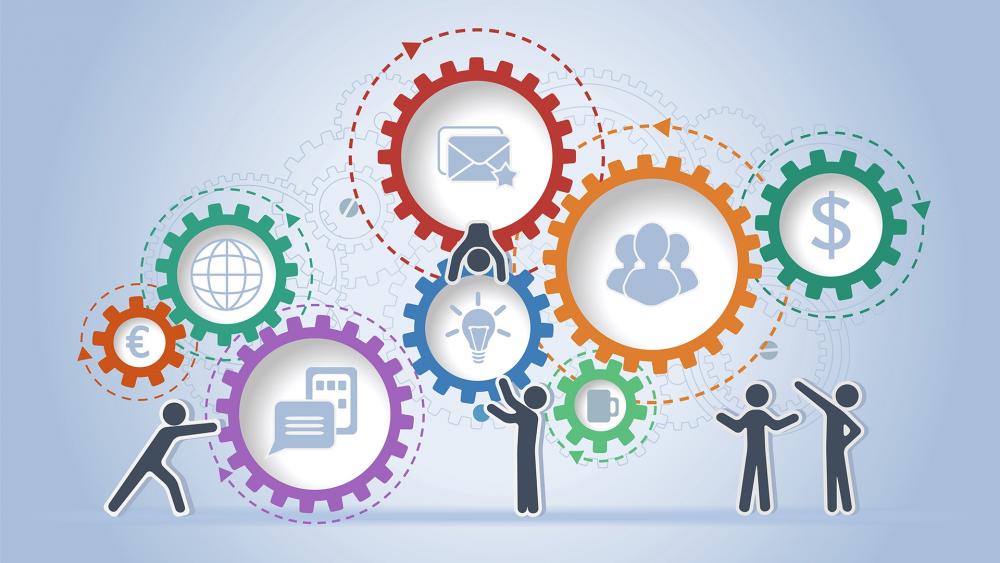Biological, psychological and social development factors that form the basis of human life. This process, which starts from the moment of birth, continues throughout life. Each individual completes similar developmental stages in different ways. Many different components play a role in psychological and social development processes compared to biological development processes. Today, these two processes are consciously directed by experts and parents. Research shows that; The socialization environments in which individuals participate in childhood and youth (especially adolescence) are very important in terms of their psychological infrastructure and characteristics. At this point, what methods do experts and parents follow?
Education is of great importance in the psycho-social development of children. There are many different perspectives towards education, which takes place in almost all childhood and youth ages. Experts go out of the classical and mostly rote-based education system and make guidance based on one of John Dewey's most important theories, 'theory of learning by doing, living and lifelong'. The application that John Dewey's theory points to is social responsibility projects. These projects, which can be participated from childhood, make significant contributions to the psycho-social development of children. Specialists ensure that children and young people participate in the right social responsibility projects suitable for their age group.
While children and young people strengthen their characteristic features with social responsibility projects, they also gain new ones. According to Erik Erikson, the age range of 12-19, which is one of the critical stages in the process of self-development, is the period when the identity development of children is at the highest level and the first steps are taken for professional choices. In this period, children who are directed to the right social responsibility projects learn to take responsibility with the tasks they undertake in line with their interests and develop their sense of duty. In addition, they move away from the self-centered perspective, learn teamwork and develop new communication skills.
Being able to notice the differences, respect the differences and see the world with the eyes of others, that is, to be able to empathize, are among the difficult stages of psychological development. The self-centered point of view, which is possessed from infancy, begins to break from the age of 10-12. Starting from this period, children can have strong empathy skills thanks to the right guidance. Social Responsibility projects are one of the most accurate resources at this stage. With the participation of social responsibility projects, concepts such as understanding, understanding and respecting the situations and perspectives of individuals who are different from themselves become understandable by children.
An increase is observed in the self-confidence of children who produce and change through social responsibility projects. Children contribute to their psychological development by becoming aware of what they can do and getting stronger emotionally. In addition, being involved in projects that are accepted and approved by the society is an important source of self-confidence for children.
When viewed from a general point of view; The more individuals complete their childhood and youth with a healthy psychological development, the more prepared they will be for their adulthood. Social responsibility projects are one of the important steps for this healthy psychological development. Children and young people working for a better world also contribute to their psycho-social development; They take a step towards being creative, empathetic, responsible individuals who produce positive values for themselves and the society.


 Türkçe
Türkçe




